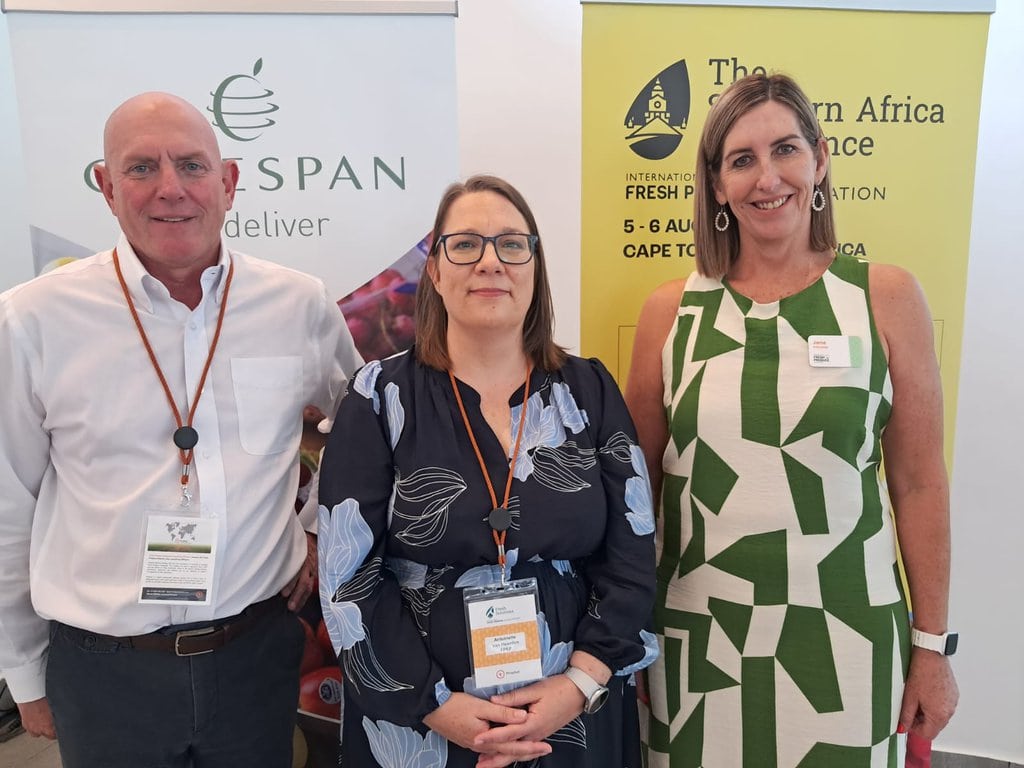South Africa depends on a functional logistics network for economic growth. At this stage, however, the country loses about R1 billion a day due to the underperformance of the country’s rail network, while inefficiency at ports costs the economy about R200 million daily in direct and indirect costs.
According to Mike Walwyn, a director at South African Freight Forwarders (SAFFE), partnerships between the public and private sectors are the only viable way to identify and solve the issues facing the country’s ports. Walwyn says the private sector plays a key role in mobilizing funding, providing expertise and collaborating with the government to reform the industry.
Antoinette van Heerden, logistics business manager at the Fresh Produce Exporters Forum (FPEF), says that a shortage of equipment, breakdowns and weather conditions are the main factors affecting efficient port operations.
Krish Reddy from Business for South Africa also says “the fruit industry has been warning people about this danger for a long time”.
It is estimated that the logistics crisis costs the South African economy R1 billion daily and a solution to this is urgently needed. At the National Logistics Crisis Committee (NLCC), the business sector fulfills a number of roles, including bringing together diverse stakeholders, offering alternative financing options, helping to implement best practices, providing technical expertise and providing access to resources and skill.
Theo Boshoff, CEO of Agbiz, outlined the various legal and regulatory facets of the port environment. Fruit companies met in January to discuss their concerns after cargo owners suffered losses in the past that hit exporters of perishable goods the hardest.
“It is important that different sectors of the economy learn from each other and it is equally important that different fruit sector bodies learn from each other,” says Boshoff.
The head of the SA Table Grape Industry (Sati), AJ Griesel, gave feedback on the recent table grape season and plans to improve logistics in the near future.
One of the plans being considered is to set up models of fruit flow and introduce early warning systems about possible congestion, while the situation is rectified.
Meanwhile, there are still concerns about the Durban port’s ability to handle this year’s expected harvest. The greatest danger is due to malfunctioning equipment. The port has a shortage of certain equipment and some of the other equipment is outdated.








